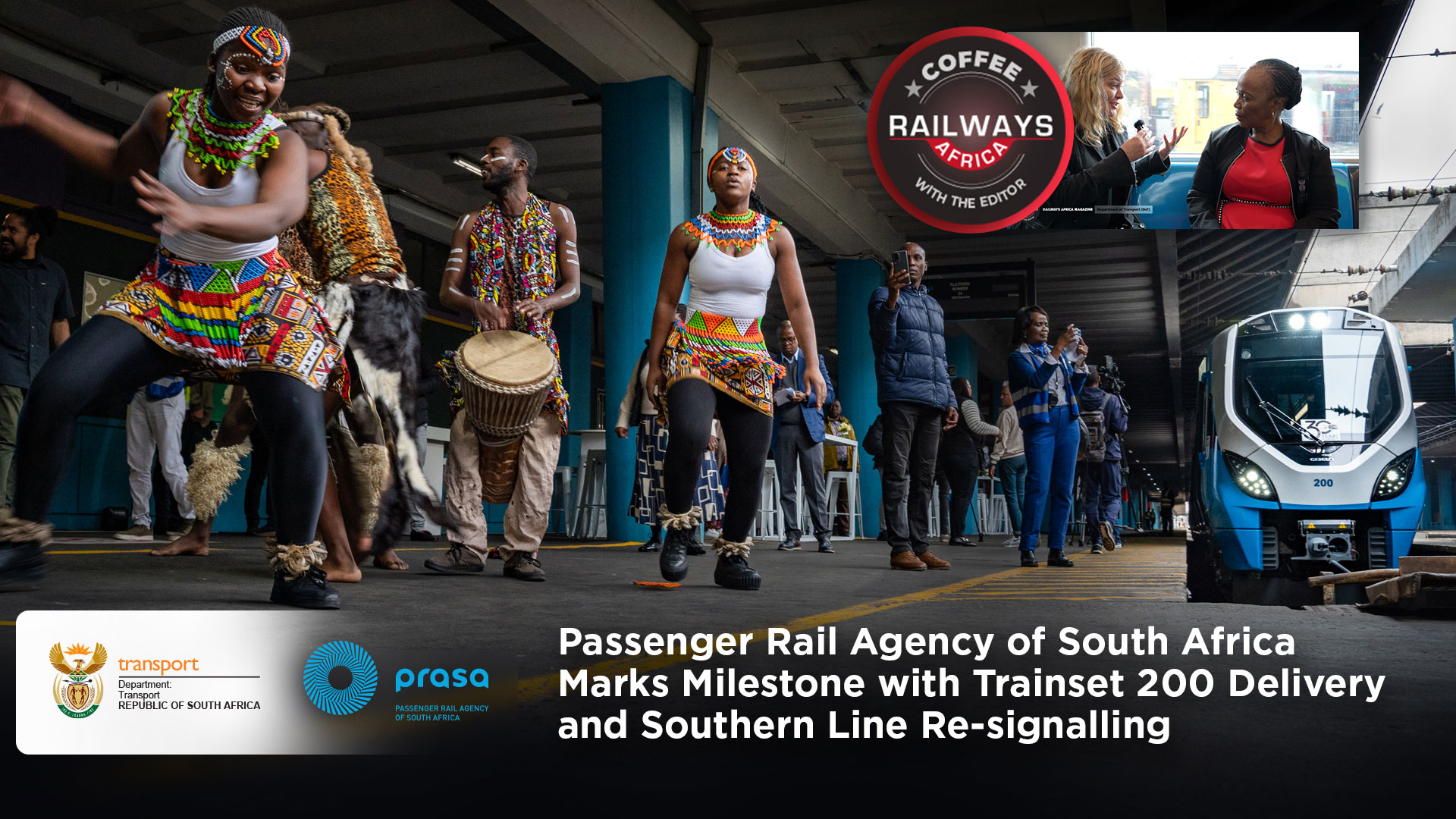Passenger Rail Agency Of South Africa Prasa

South Africa's Passenger Rail Agency of South Africa (PRASA), responsible for the country's commuter rail network, faces ongoing challenges in its mission to provide safe, reliable, and affordable transportation. Decades of underinvestment, mismanagement, and theft have left the agency struggling to maintain infrastructure, improve service delivery, and regain public trust.
At the heart of PRASA's struggles lies a complex web of issues, including aging infrastructure, rampant cable theft, and corruption. These challenges directly impact commuters, businesses, and the broader South African economy, hindering economic growth and exacerbating social inequalities.
Operational Challenges and Infrastructure Deficit
PRASA's rail network, once a vital artery of South Africa's transportation system, has suffered from years of neglect. Extensive cable theft has crippled operations, leading to frequent delays, cancellations, and safety concerns.
The aging infrastructure, including outdated signaling systems and dilapidated stations, further compounds these problems. Replacement and upgrade projects have been slow, plagued by bureaucratic hurdles and alleged corruption.
The impact on commuters is significant. Daily disruptions force people to seek alternative, often more expensive, modes of transport. For many low-income individuals, the unreliability of PRASA services translates to lost jobs and reduced access to essential services.
Financial Instability and Corruption Allegations
Financial instability and allegations of corruption have further eroded public confidence in PRASA. Numerous investigations have revealed widespread mismanagement of funds and irregular procurement processes.
These scandals have diverted resources away from essential maintenance and infrastructure upgrades, exacerbating the operational challenges facing the agency. The financial losses incurred due to corruption directly impact PRASA's ability to deliver on its mandate.
"The scale of corruption at PRASA has been staggering," stated a recent report by a parliamentary oversight committee, highlighting the extent of the problem.
Efforts Towards Recovery and Modernization
Despite the challenges, PRASA has embarked on a recovery and modernization program aimed at addressing its operational and financial woes. These efforts include infrastructure upgrades, fleet renewal, and measures to combat corruption.
The agency has also prioritized the installation of high-security fencing and advanced surveillance systems to deter cable theft and vandalism. Furthermore, PRASA has partnered with law enforcement agencies to increase security patrols and apprehend perpetrators.
A key component of the modernization program is the introduction of new trains. However, the rollout of these new trains has been slow, due to technical issues and logistical challenges.
Stakeholder Involvement and Public Trust
Restoring public trust in PRASA requires a collaborative effort involving government, civil society, and the private sector. Transparency and accountability are crucial for rebuilding confidence and ensuring that PRASA delivers on its mandate.
Regular public consultations and stakeholder engagement are essential for addressing commuter concerns and incorporating feedback into decision-making processes. Effective communication is vital for keeping the public informed about PRASA's progress and challenges.
Several community-based organizations are actively working to monitor PRASA's performance and advocate for improved service delivery. Their involvement is vital for holding the agency accountable and ensuring that the voices of commuters are heard.
Impact on the South African Economy
The efficiency of PRASA's rail network has a significant impact on the South African economy. A reliable and affordable commuter rail system is essential for facilitating the movement of people and goods, thereby supporting economic growth.
The current state of PRASA's services negatively affects productivity and increases transportation costs for businesses and individuals. The economic losses incurred due to delays and disruptions are substantial.
Revitalizing PRASA's rail network is therefore crucial for unlocking economic potential and creating job opportunities. A well-functioning rail system can also contribute to reducing traffic congestion and promoting sustainable transportation.
The Way Forward
The road to recovery for PRASA is long and arduous. Sustained commitment from government, effective management, and a zero-tolerance approach to corruption are essential for achieving meaningful progress.
Prioritizing infrastructure investment, improving security measures, and enhancing customer service are crucial steps towards restoring public trust and ensuring that PRASA fulfills its vital role in South Africa's transportation landscape.
The future of PRASA hinges on its ability to overcome its current challenges and transform itself into a modern, efficient, and reliable commuter rail agency. The success of this transformation will have far-reaching consequences for the South African economy and the lives of millions of commuters.
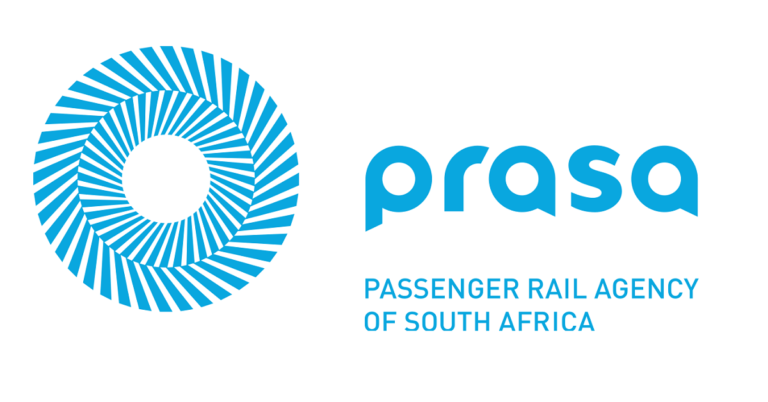
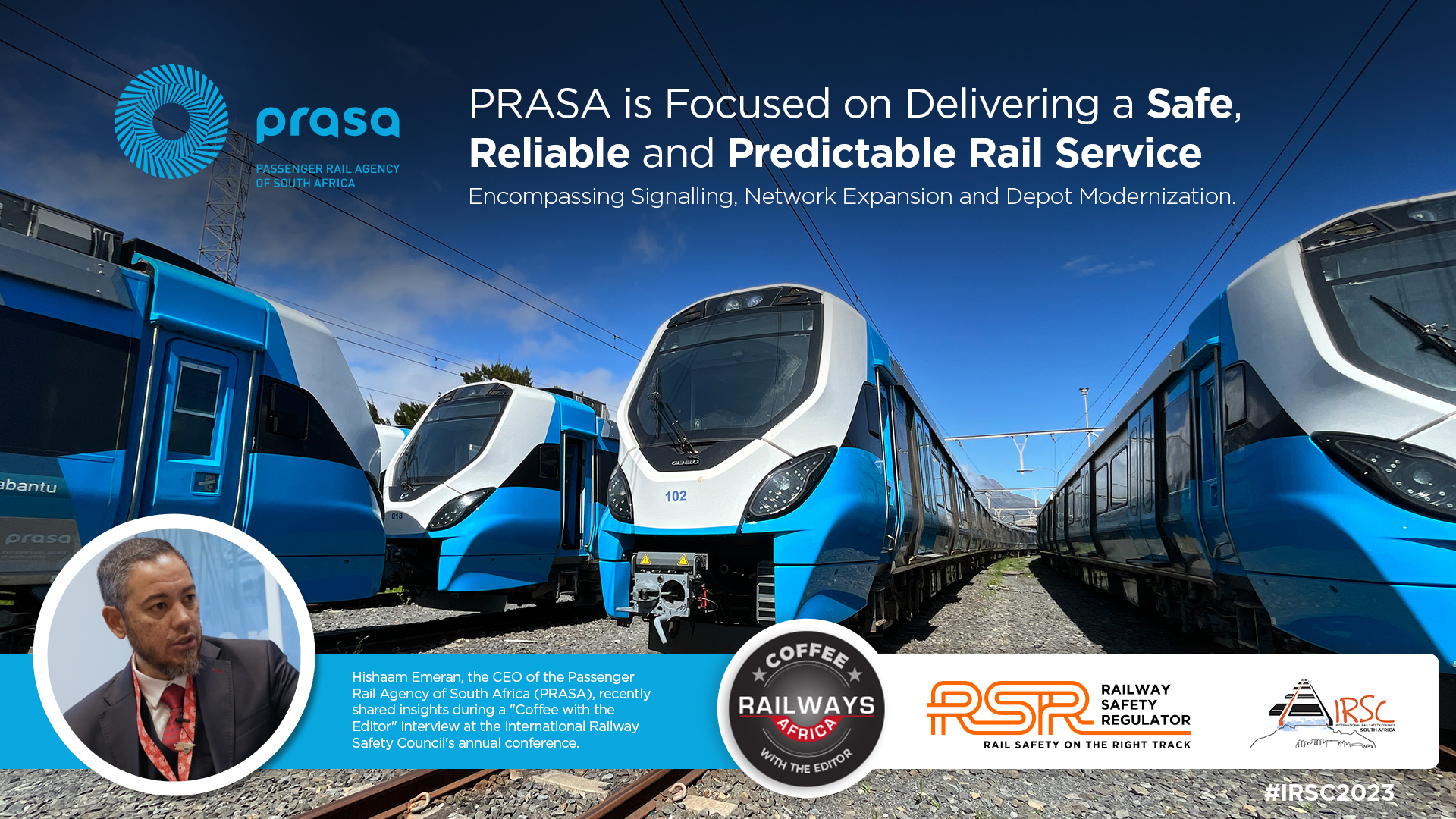
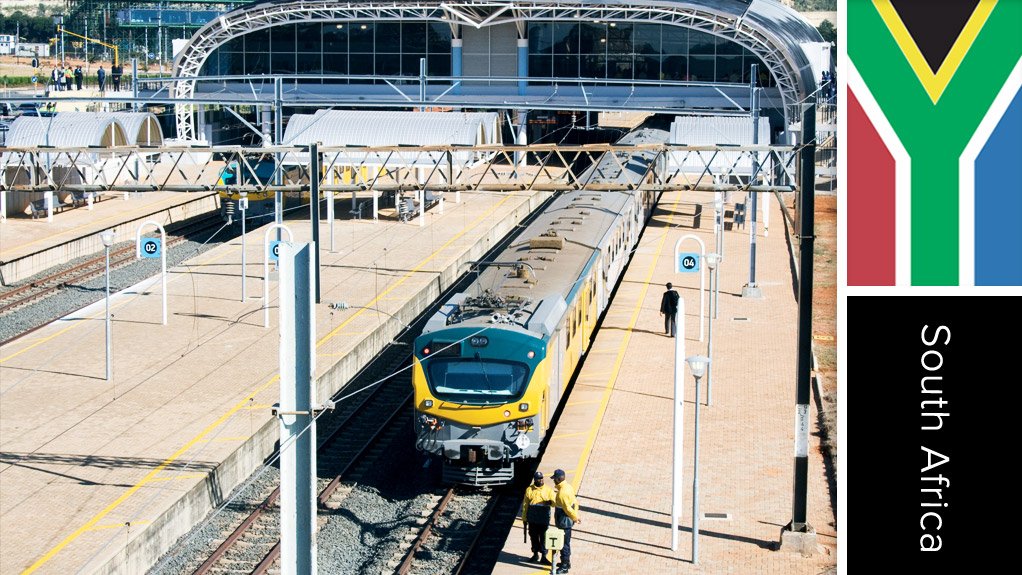

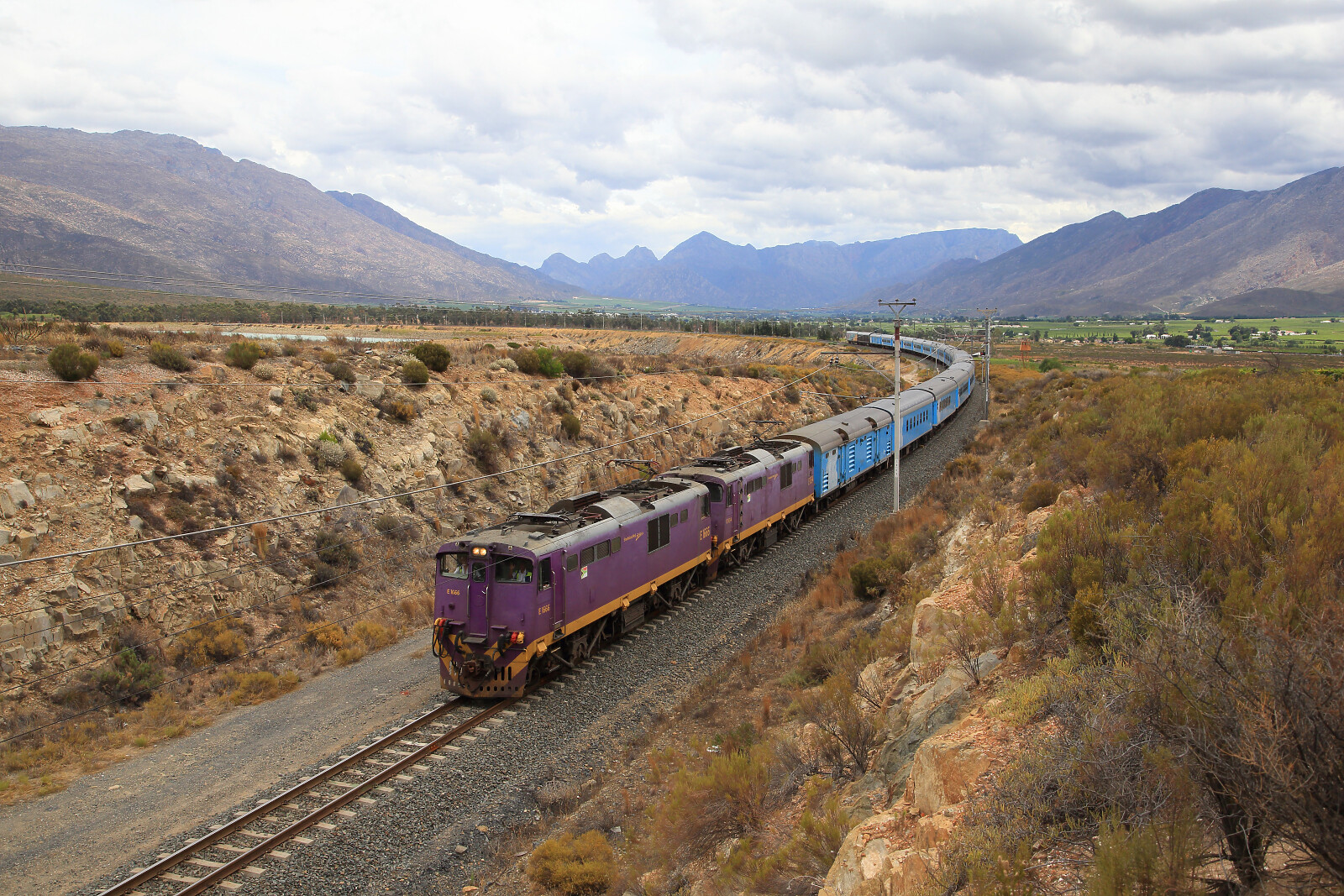

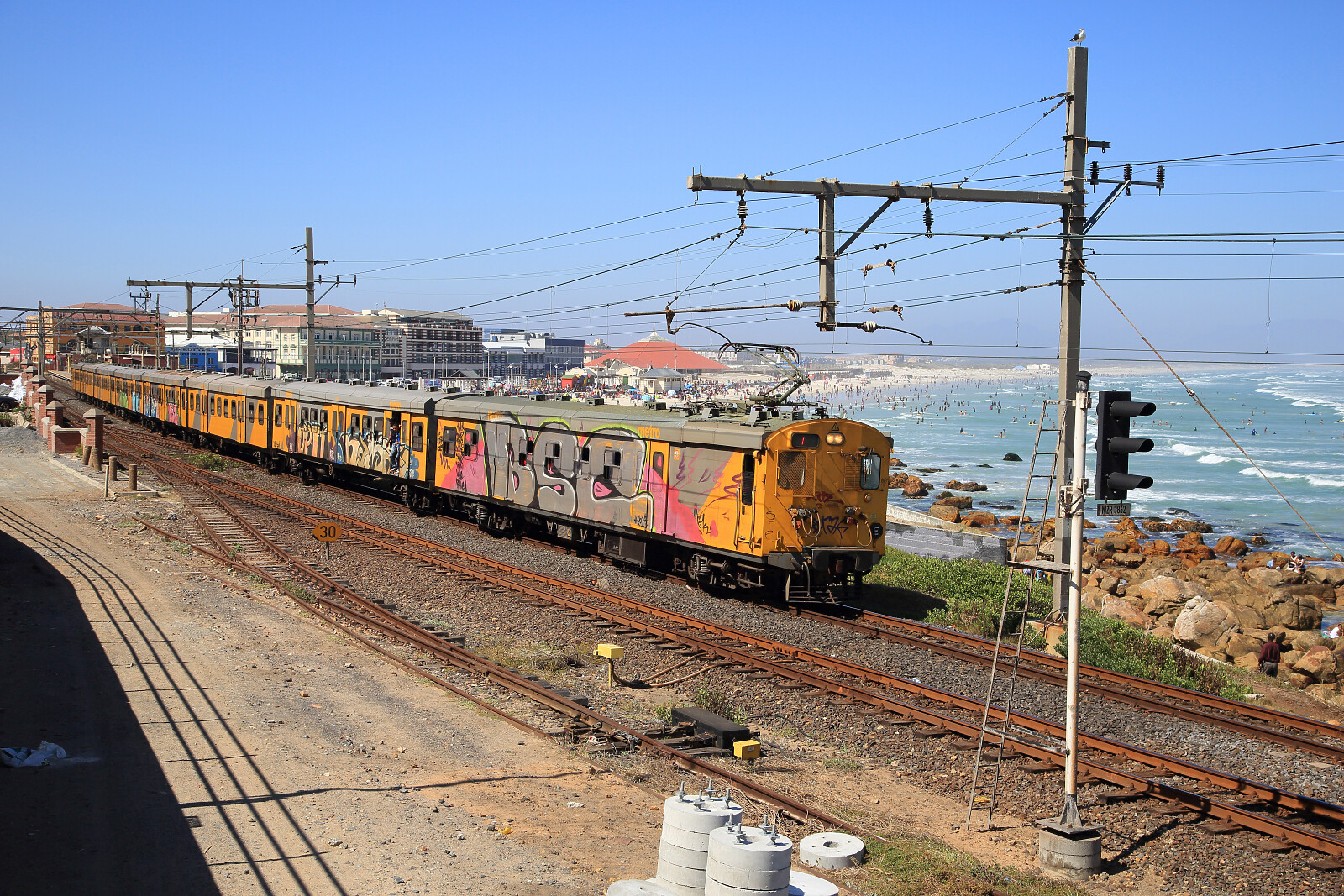
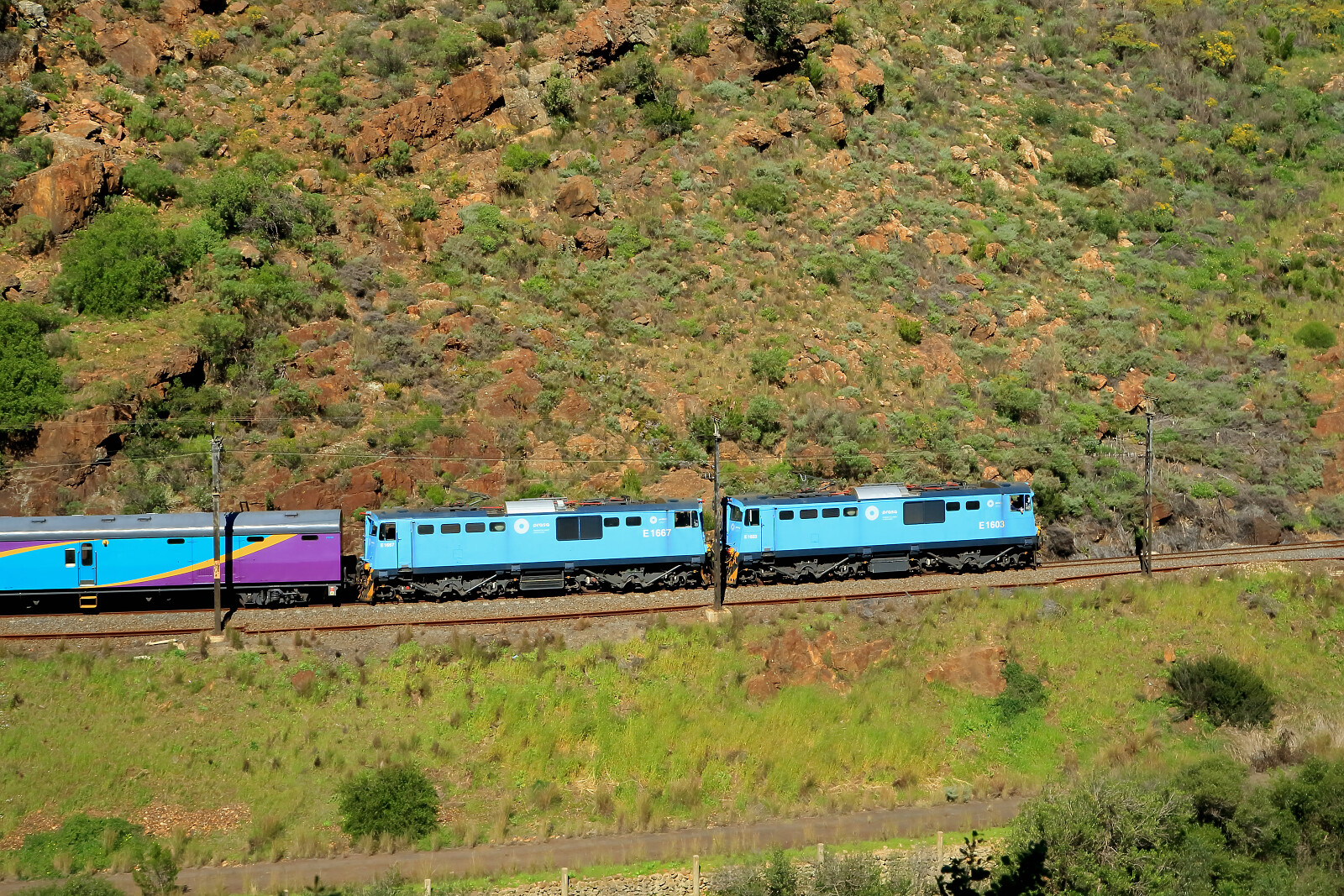

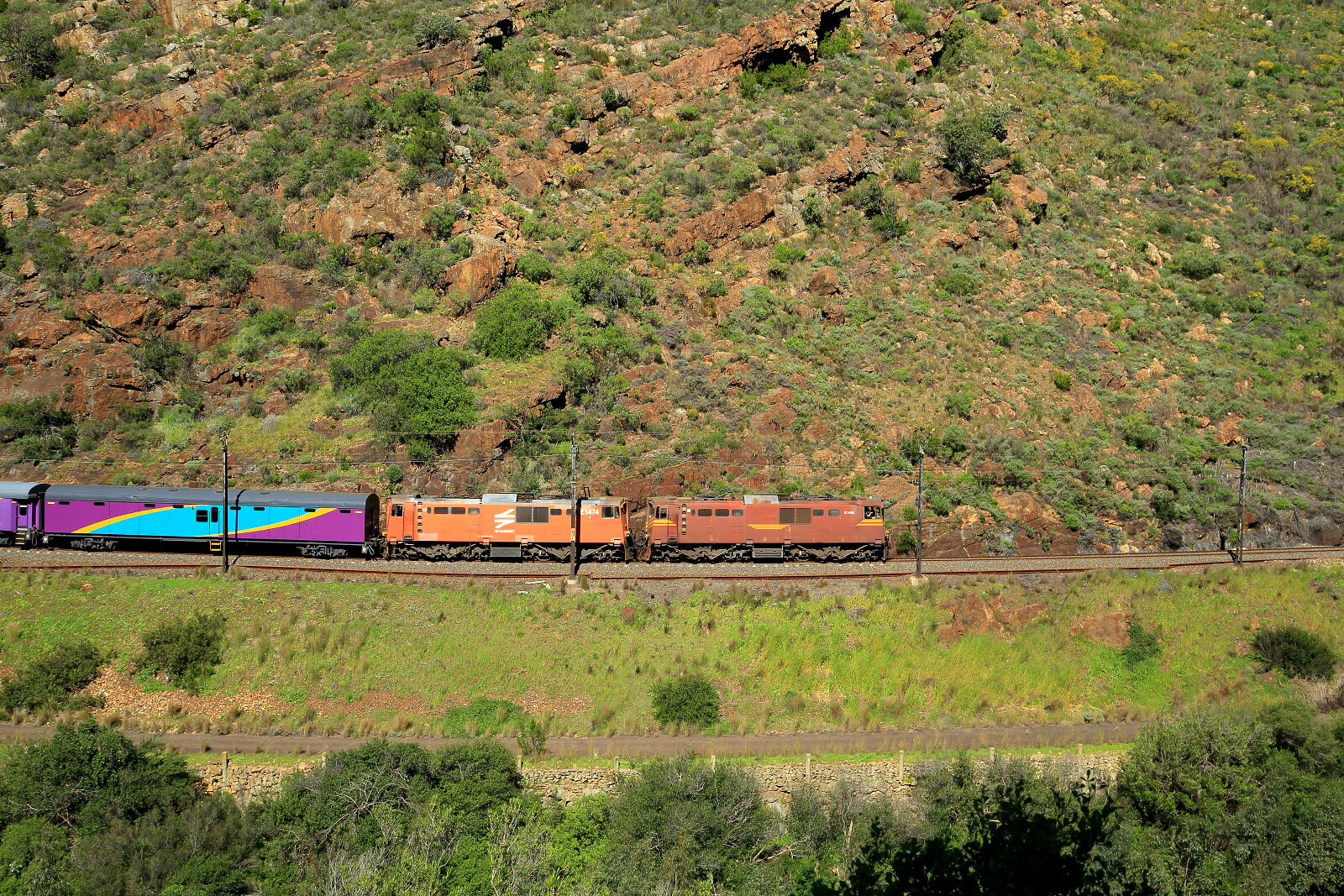
.jpg)

